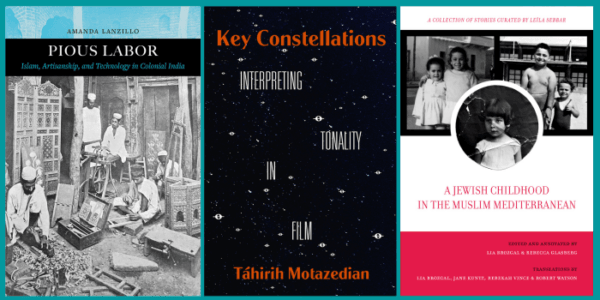About the Book
Social anthropology was at the forefront of debates about culture, society, and economic development in the British Empire. This book explores the discipline's rise in the interwar period, crisis amid decolonization, and ironic reemergence in the postwar metropole. Across the humanities and social sciences, activists and scholars used anthropological concepts forged in empire to rethink British society at midcentury. Participant Observers shows how colonial anthropology helped define the social imagination of postimperial Britain. Part institutional history of the discipline's formation, part cultural history of its impact, this is the first account of social anthropology's pivotal role in Britain's intellectual culture.
Table of Contents
Contents
Map
Acknowledgments
Abbreviations
Introduction
1. Islands and Institutions
Anthropology in Britain and the British Empire in the First Decades of the Twentieth Century
2. Philanthropists and Imperialists
Indirect Rule, the Rockefeller Foundation and the Rise of LSE Anthropology
3. Pencils, Schemes and Letters
Fieldwork and Pedagogy in 1930s Social Anthropology
4. Popularising the Field
Interwar Anthropologists on the Radio and in Literary Culture
5. From Kinship Studies to Community Studies
‘Race Relations’, the ‘Traditional Working-Class Neighbourhood’ and the ‘Social Network’ in
Post-war British Sociology
6. The Development Decades
The African Survey, the CSSRC and Three Approaches to Social Anthropology in the British Empire,
1935–1955
7. From Development Economics to the ‘Moral Economy’
At the Margins of Anthropology, Economics and Social History in the 1950s and 1960s
Epilogue
Notes
Bibliography
Index

